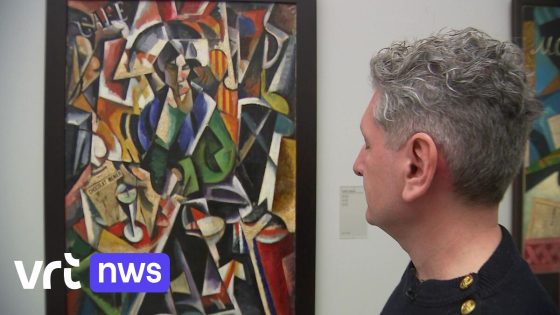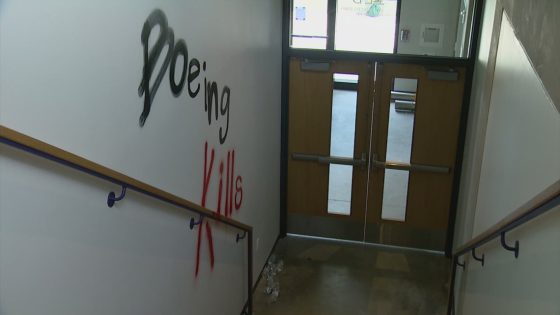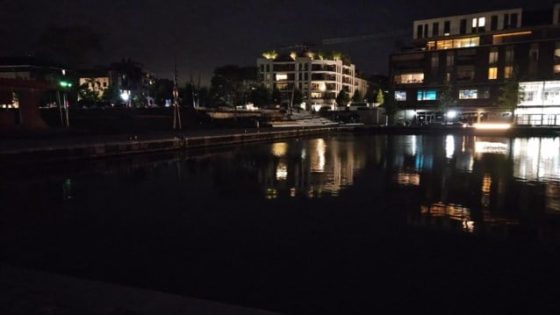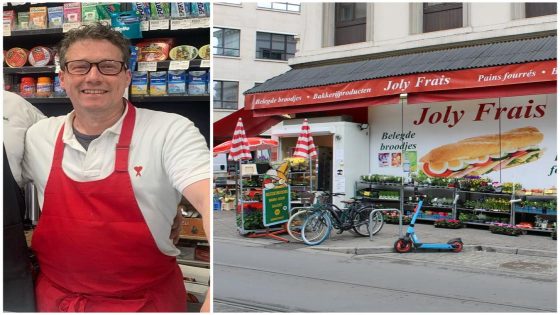The 2017 MSK exhibition featuring Russian avant-garde artworks sparked significant controversy in Belgium. The show displayed 24 pieces, including masterpieces by Kandinsky, Malevich, and Popova, all dating from the early 20th century—a turbulent era in Russian history. However, doubts about the authenticity of some paintings soon emerged, drawing attention to the provenance of these artworks.
- MSK hosted Russian avant-garde art expo
- Authenticity of artworks questioned by specialists
- Toporovski couple faced legal investigations
- Controversial artworks removed from exhibition
- MSK director forced to step down
- Toporovskis denied forgery allegations consistently
On 2025-05-13 10:00:00, the case remains a cautionary tale for Belgian art institutions. The owners, Igor and Olga Toporovski, faced allegations of forgery, fraud, and money laundering. The MSK’s then-director was pushed aside, and the contentious works were removed after police investigations and legal actions.
What does this mean for Belgium’s cultural landscape and trust in art exhibitions? The fallout raises important questions about verification and transparency in the art world.
Why did these doubts surface only years after the exhibition? How can Belgian museums better safeguard against similar controversies? The case underscores the challenges of verifying art provenance and the risks museums face when displaying high-profile collections.
- Belgian museums must enhance due diligence on artwork authenticity.
- The scandal affected public trust in cultural institutions.
- Legal repercussions for those involved highlight the seriousness of art fraud.
Looking ahead, Belgian museums should adopt more rigorous authentication standards and transparency measures to prevent future scandals and ensure the integrity of their collections.





























